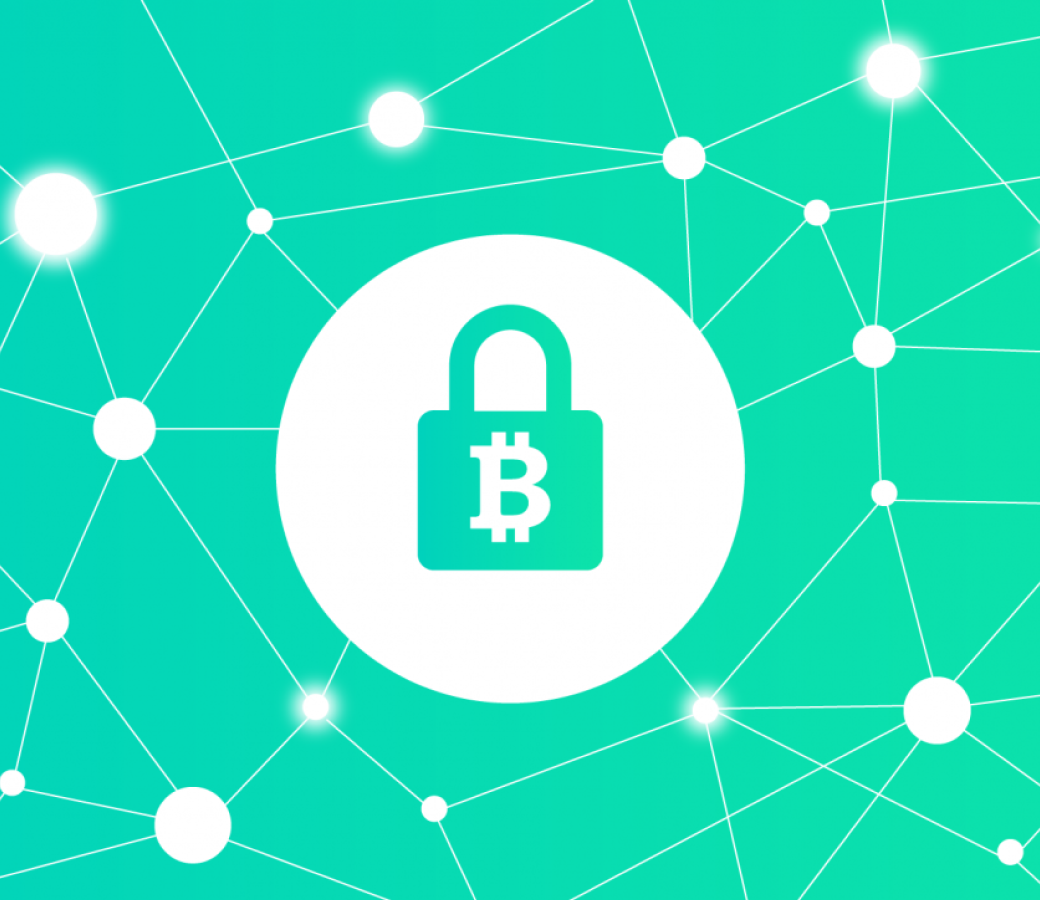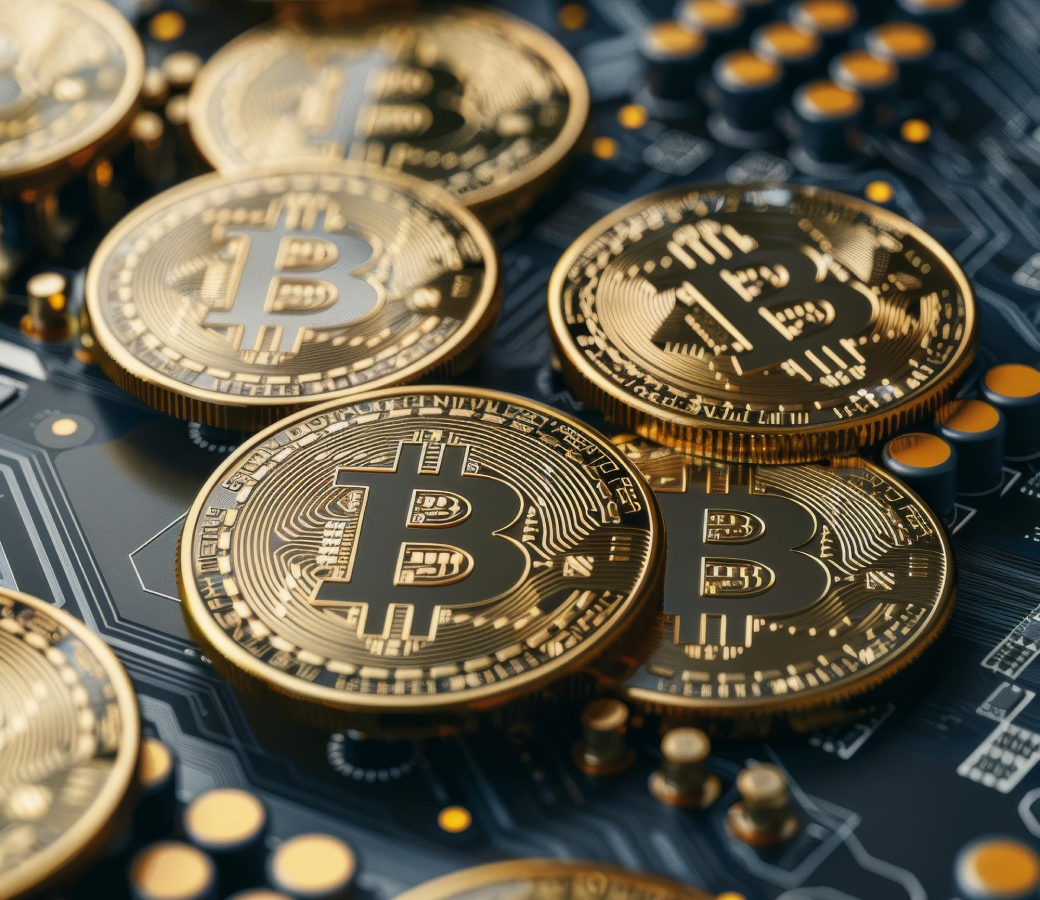In the previous blog Why Dubai Wants To Rope In Blockchain?, we spoke on the blockchain technology with some latest information on why is Dubai so excited about it. We discussed about blockchain technology and its connection with the bitcoin technology and how it will give stress-free life to people as it requires a setup to be done only once.
Today, let us understand the three pillars of blockchain and how healthcare will be the most benefitted.
According to a press release statement by Smart Dubai, Dubai’s blockchain strategy will be built on three pillars:
- Government Efficiency,
- Industry Creation and
- International Leadership
Government Efficiency – The main reason to adopt this technology is to increase the government efficiency since blockchain will reduce the amount of documents used from 100 million in a year to zero. The other advantage of blockchain and the most amazing one is, these documents get updated on its own. There is no human intervention needed once everything is set. It is expected that blockchain will save up to 114 MTons of Co2 emissions once blockchain is implemented.
Industry Creation – There are multiple reasons why Dubai wants to pioneer in this technology. Apart from cementing Dubai as the first blockchain powered Government in the world, it also plans to include private sectors like real estate, healthcare, BFSI, transportation, energy planning and much more. This will help them create job opportunities not just for IT folks, but for non-IT employees working across sectors in Dubai.
International Leadership – This is a no-brainer. When every government in the world is fighting to solve either terrorism, unemployment or poverty; UAE has no such complications. Dubai is already a very exotic city to visit and blockchain will help visitors with faster checkouts on arrival, easy visa policies, centralised transport system for renting cars, unparalleled WiFi connectivity, amongst the rest.
As soon as Dubai is done with transferring all the documents to blockchain and getting them verified, officials will look to open this technology for the private sector as well. What is zestful here is Dubai Government is also planning to extend this technology to various cities and nations. Mohammed Abdullah Al Gergawi, Minister of Cabinet Affairs and the Future said in a statement: “Users will only need to log in their personal data or business credentials once; it will then be updated and verified in a timely manner through the blockchain network in all government and private entities including banks [and] insurance companies.”
Out of the countless advantages of implementing blockchain in Dubai, healthcare is one of the most looked upon sector.
From one of the best healthcare systems in the world to exceptional – Dubai is widely recognized and regarded for its healthcare as it has some of the best facilities in the world.
With the introduction of blockchain, Dubai plans to bring even more robust data integrity, security and the trust to allow sensitive patient information flow between health providers and the patient.
Carlos Domingo, Chief New Business & Innovation Officer at UAE Telecom du, said: “Today, majority of health records are on paper such as blood test reports, x-rays, etc. Most hospitals don’t have shared access of patients’ records which is inconvenient to the patient and time consuming at the end for the doctor or the care giver.
“By digitising all health records, and putting them in Blockchain technology, data can be shared and distributed across all hospitals. We are looking at fully digitising the health system with Blockchain technology to assure data integrity with zero error and guarantee end to end accountability of the patients’ records.”
Although it has many complications, implementing blockchain is an extremely ambitious but a promising move from the Dubai government. Blockchain is a new solution to establish trust between parties over the internet’s untrusted network. But there are people who ponder how it will give perfect, simultaneous, shared data between a number of different people, devices or businesses.
More specifically, blockchain is the technology that supports crypto currencies such as Bitcoin, but can it support the transfer of any data or digital asset? Such unresolved questions will be discussed at the first Blockchain Business Conference which is hosted by Fintech Valley Vizag with support from Ministry of Electronics & Information Technology, Govt. of India on 8-9 October 2017.


